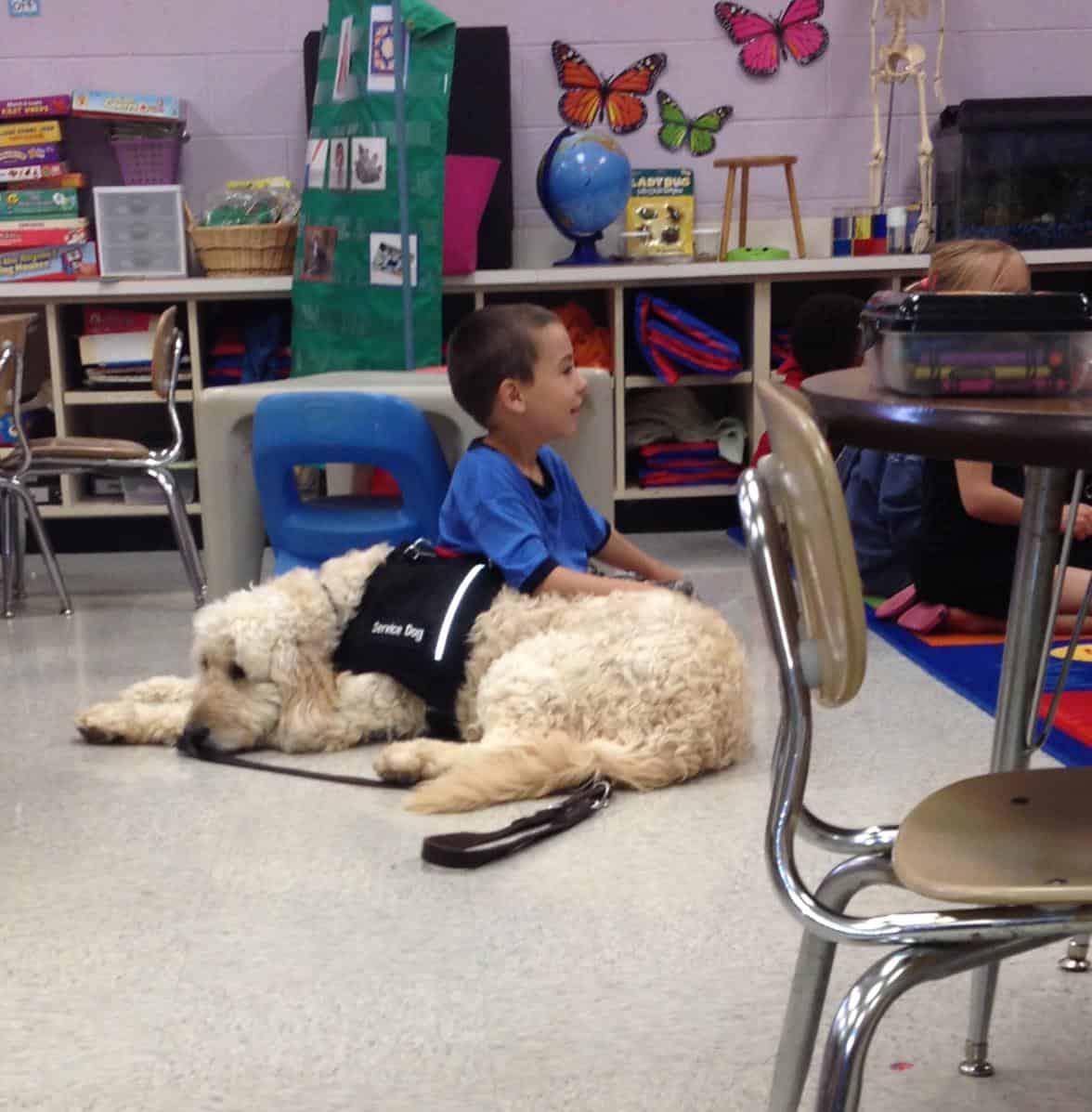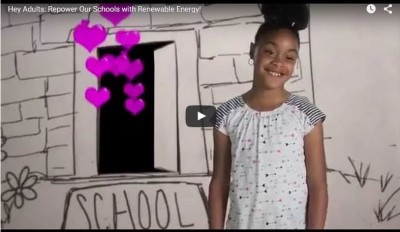In the mid-1970s, Congress created a protection and advocacy (P&A) system for people with disabilities in response to the inhumane living conditions in many institutions and state facilities. Federal law now requires every state and U.S. territory to designate one agency as the P&A. In July 2007, Disability Rights North Carolina became the federally-mandated P&A agency for North Carolina, continuing the work previously conducted by Carolina Legal Assistance and the Governor’s Advocacy Council for Persons with Disabilities.
A common misconception is that we are a part of state government.
We are not.
We are an independent, nonprofit organization.
The ultimate objective of all of our work is to maximize the opportunities people with disabilities have to live, work, play, and go to school in the community of their choice. We do this in a number of ways, including:
investigating complaints about neglect, abuse, and related deaths in institutions;
monitoring facilities where people with disabilities live or receive services;
providing training and support for self-advocacy;
educating and training people with disabilities, policymakers, and the public about the legal rights of people with disabilities; and
advocating and litigating for individual and systemic changes to improve the lives of people with disabilities.
Our staff provides advocacy assistance on a wide range of issues for the 1.9 million people with disabilities living in North Carolina, including employment discrimination, access to public accommodations, community services, transportation, housing, alternatives to guardianship, and education. In 2014, more than 4,000 people with disabilities contacted our office for assistance. Over 20 percent of those callers reported problems with education as the reason for their call.
For many children with disabilities, enrollment in a public school is their first opportunity to be included in community life.
Federal and state laws require school systems to provide special education and access to regular education to meet the unique needs of students with disabilities and to prepare them for further education, employment, and independent living. But these laws are complex and school systems can be difficult to navigate. Parents can get bogged down in the system or be sidetracked by school representatives who do not understand the law, so an attorney or advocate with knowledge of special education law can be vital to obtaining the services that a student needs.
Because the number of calls we receive far exceeds our capacity to provide direct services, we establish target areas of work each year. In the area of education, our advocates and attorneys have focused their work on students who have been excluded from school because of their disability, usually because of adverse behaviors and unidentified educational needs, and students who are not receiving required transition services during high school. Often our clients have been suspended from school, are experiencing academic difficulties (retention, failing grades and failing end-of-year assessments), and are involved in the juvenile court system. We work to keep them in school in educational programs that meet their needs and the requirements of the law.
Our work includes educating parents, teachers and other school staff, policymakers, and court personnel on the rights of children with disabilities and solutions to behavior issues other than suspension from school. We also provide information and assistance to strengthen parents’ self-advocacy skills and help them navigate the special education system.
Our attorneys also represent students with disabilities who may have been subjected to abuse or neglect while at school. This can take the form of an illegal seclusion or restraint during the school day. For example, we represented a child whose teacher placed him in a cardboard box to seclude him from the rest of the class. Our representation resulted in systemic changes within that public school system.
Disability Rights NC will submit a new article each month to EdNC that focuses on one aspect of special education law, such as IEPs, Behavioral Intervention Plans, transition planning for students preparing to graduate, seclusion and restraint issues, and early intervention services. We hope that our articles will help parents and teachers of students with disabilities resolve the issues they encounter as well as raise awareness in the community at large about special education issues.





